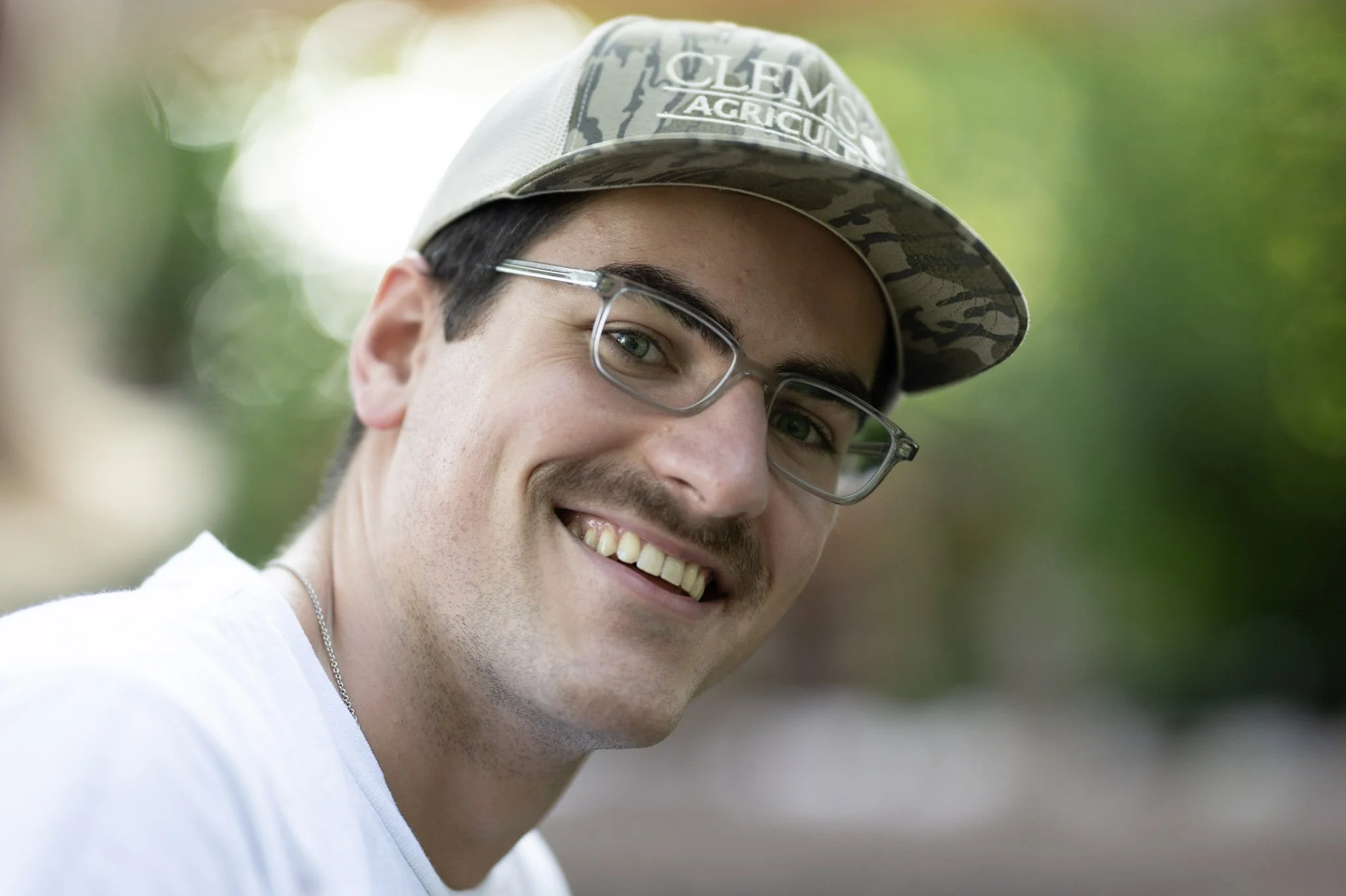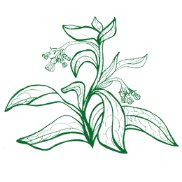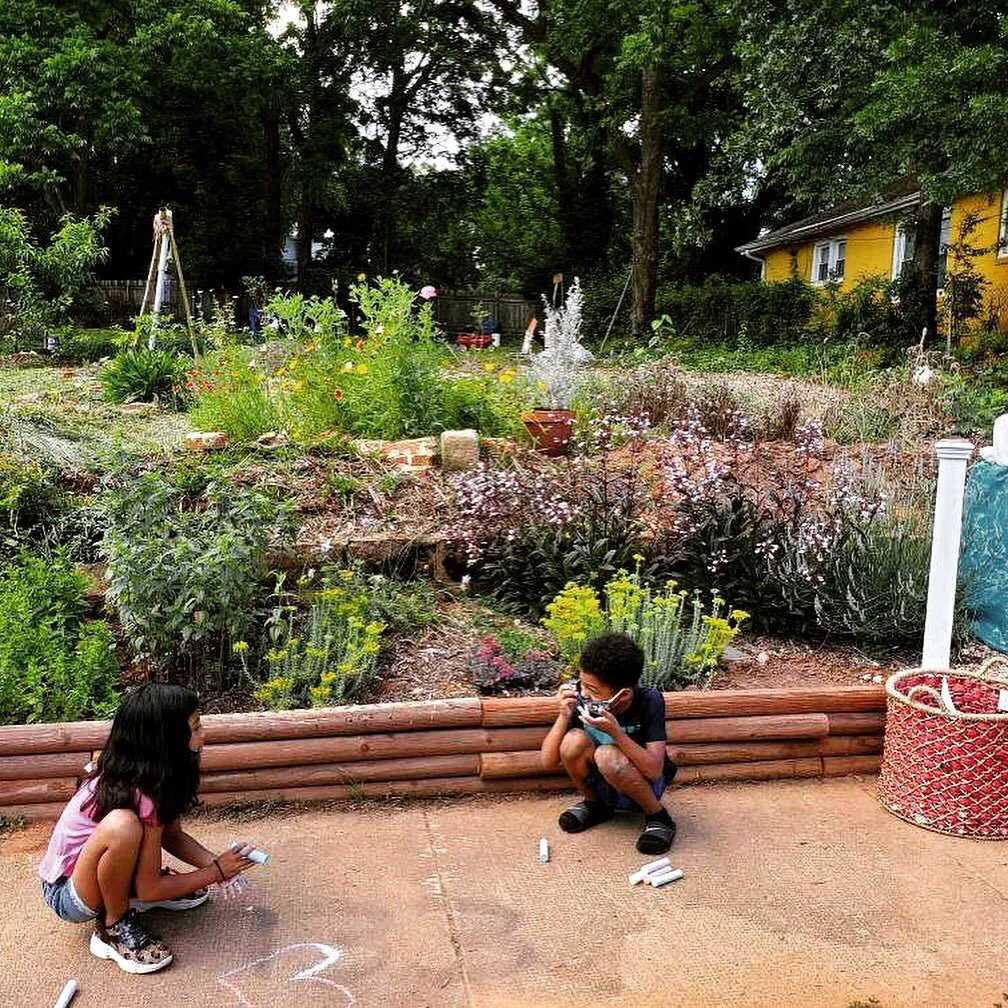Summer SEEDLINGS YOUTH CAMP
2024 season sign-up coming soon!
“Soil to Sky” | Looking at the triangle of ‘Sun, Water and Earth’
Learning the basics of Food Forests, Permaculture, Foraging, Native Plant Identification, the Importance of Environmental Sustainability and Earth System Science, supported through Arts-Based Activities for a STEAM experience.
Snacks Provided!
Session 1
CLOSED
July 10 - 21, 2023
9am - 2pm, Monday-Friday
$336/child, each additional child is $90; Suitable for ages 5-12; also accepting teen volunteers
Session 2
CLOSED
July 24 - August 4, 2023
9am - 2pm, Monday-Friday
$336/child, each additional child is $90; Suitable for ages 5-12; also accepting teen volunteers
Session 3
CLOSED
August 14 - 25, 2023
9am - 2pm, Monday-Friday
$336/child, each additional child is $90; Suitable for ages 5-12; also accepting teen volunteers
Seedlings Curriculum
**Each day begins with Land Acknowledgement & recognition of local & regional indigenous communities of NC
Explorer Name Tags
Give each child a nametag with a critter or plant from the food forest that has his or her initials (first name adjective, second name mammal/bird/insect/etc.) Point out the groups each name belongs to. In subsequent sessions, use their animal’s needs characteristics and habitat needs as a focal point.
Identify animal species and types (mammal, bird, insect, reptile, etc.) and discuss what makes them different and what makes them the same.
Use the theme ‘Soil to Sky’ to discuss what all creatures need to survive through many lessons: seasonal changes, food sources, clean air and water, etc. By identifying with their animal, children can focus on its needs and behaviors while learning the basics and importance of their environment.
Outdoor Safari/Native Plant Exploration
Give each child colored egg carton swatches to match the colors to an item foraged in the food forest! Youth will explore the Food Forest for bugs, leaves, birds, etc.
Put “tree cookies” (slices of tree stumps) in the Food Forest where insects, worms, etc. take shelter, and visit and identify what they see. Egg carton swatches can be brought to the Lemonade Stand/ main meeting table.
Flowers are edible too!
Learning about edible flowers in the food forest and also the pollinators in the pollinator point by the mugwort patch. Children can make flower forest salads and learn about the nutrients and vitamins contained in flowers.
Did you know you can make Dandelion tea? Calendula cookies? Daylily Fritters?
Stelleluna + bat box curriculum
Bats are pollinators too! Youth will learn about the importance of bats to the ecosystem and explore where they might live in the food forest!
We will also include a reading of the classic book “Stelleluna”
Yucca Plant Indentification as habitat for bats
Earth Furniture Design
Learning all about Hugelkultur, a permaculture technique for a hands-on permaculture group design session of the earth furniture with burlap, moss and floral wire, youth will get to help with seasonal design maintenance of the earth furniture while learning about permaculture creating an “earth couch”
Touch boxes, Natural or Not?
Box with sections with natural or man-made materials. Children feel the materials (maybe take turns blindfolded) and guess whether it is found in nature, or whether it is man made.
Nature Printing
Youth will make nature prints from found leaves, foliage, sticks and other nature items found in the food forest.
Nature Journaling
Nature Journals will be given out on Day 1 for journaling and writing in 20 minute mid-morning nature journaling sessions.
Worm Snacks: Vermicomposting as part of daily snack time/lunch
Worm bin--learn about how worms eat scraps and how compost enriches the soil. Children can add scraps from lunch and see how the worms break it down into compost. Grow sprouts that children can eat at snack time. (3-5 days)
Each daily lunch break includes a group donation to the Little Free Library and Food Pantry- where children are encouraged to bring books or toys etc they would like to donate to others.
Detrashing Nature Walk
Detrashing walks with the youth as an ecological impact opportunity for children to use some of their energy towards detrashing supervised by adults/teen counselors– we can walk the block and surrounding areas picking up trash at the same time.
Field trip to Gateway Nature Preserve/nearby greenway for similar activity?
Local to Global: What is sustainability? What are the UN Sustainable Development Goals?
Learning the importance of environmental sustainability and that there are global goals for achieving the changes needed for this by 2030.
Youth will also learn about the United Nations and the global 2030 UN Sustainable Development Goals
Native Plant identification
Children will learn how to identify the plants, trees, shrubs, herbs flowers and more at the food forest using the stone markers
Forest STEAM Choreography
UNCSA student or recent graduate visiting movement artist, food forest inspired choreography with the youth, encouraging movement exploration and creativity with mind, body connection back to theme of “soil to sky”
Learning about Solar Energy
Reintroducing Soil to Sky theme, youth will learn about solar energy and the basics of a non grid tied, solar system
Nature Mural: Painting the Back Fence
To conclude the camp in the last week, youth will create a group mural and art installation along the back fence of any plant, tree, herb, shrub, insect etc they learned about at the food forest!
Each camper will have a section of the fence to paint as a culminating art installation to include and embody all the styles and unique artistry of each camper! (Local artists to help volunteer for this portion/help lead)
and more!
Foraging Baskets 🧺
Youth will create free form foraging baskets with defoliated english ivy
On Soil with ‘Salem Soil Solutions’
Visiting scientist Pasquale Caccavella, citizen soil scientist + eagle scout badge recipient + Scout Troop Leader of #934
What’s a nematode? Learning about soil science with Pasquale!
Soil Symphony
Reading of ‘Deep Down Underground’
Learning about soil biology, the diversity of microorganisms and the sounds of life beneath the earth’s surface.
Children find and make sounds with organic materials like leaves etc, to simulate the breaking down and creation of soil.
Children can form ensembles and create soil songs together
An additional movement portion is included where children can create their own choreography inspired by ‘Deep Down Underground’ ie worm dance, beetle boogie etc
Little Free Seed Library & Native Pollinator Point Seed Bombs
With the WS Little Free Seed Library as a teaching tool, youth will learn about the importance of seed saving while discovering new plant varieties they likely haven't heard of through all the seed selections.
Each child will have the opportunity to “check out” 20 seeds from the library.
Butterflies curriculum— for the sky
Learning about the NC Wildlife Butterfly Highway Stop at the Southside Food Forest and Importance of habitat creation and support of pollinators like the Monarchs
Visit to Monarch Art Installation by @coronafineart
Milkweed, Herb and Flower Plant Identification
Bee + Butterfly Bath
Making their own bee baths from tiny terracotta planters inverted with marbles, stones, rocks etc, youth will customize their own bee bath while learning the importance of providing water sources to bees and butterflies.
Bees get thirsty too and can benefit greatly from baths made with marbles, rocks etc. This gives them a place to safely rest and drink water. We will learn that bees are important to help the flowers and vegetables we will grow together
The Watercycle
Moonsoon Rain Stick
Discuss, learn and share about the water cycle, visit the rain barrels and bee bath onsite, discuss the importance of thunderstorms etc, food forest landscape ie berms for water retention, topography etc
Sunflower House
Children take part in the planting and nurturing of a pollinator point in the shape of a circle ‘house’ perfect for a story time.
Meet the Summer Seedlings Team
-

Laura Carisa Gardea
SOUTHSIDE FOOD FOREST FOUNDER
UNCSA Music and WFU Sustainability alumna with over 8 years of experience with school aged children K-12 in both private and public sectors. Laura has worked with youth in YMCA afterschool programs, Hispanic League, the Hispanic Arts Initiative, Salvation Army Boys and Girls Club, Artist Corps and more!
-

Pasquale Caccavella
VISITING SCIENTIST & BOARD MEMBER
Owner and founder of Salem Soil Solutions. Pasquale is a Southside Food Forest Board member, former eagle scout badge recipient and troop leader for local Boy Scouts #934
-

Corrie Beck
VISITING ARTIST
Visiting local artist Corrie Beck has helped support and lead the annual Food to Fashion runway event with the WS Fashion Week at the Southside Food Forest. She will be making a special appearance for the Summer Seedlings Sessions to guide and support arts activities!
-

Mason Stevens
VISITING ENGINEER & BOARD MEMBER
Mason is a WS Permaculture Cooperative founding member, nature enthusiast and Certified Electrical Engineer who will help support and lead Summer Seedlings learning segments on solar renewable energy and more!


